
On 16 December 2021, Typhoon Odette (international name Rai) made landfall in the Visayas region. It went through almost the same path as Super Typhoon Haiyan did back in 2013, with the former affecting 38 provinces. Many on-ground accounts noted it was the monstrous winds that caused the great devastation, and scenes were likened to that of Haiyan's. To date, Haiyan holds the record for being the strongest typhoon ever to make landfall in Philippine history, bringing casualty numbers to more than 6,000, and hitting 44 provinces with howling winds, heavy rains, storm surges, and flash floods.
Almost 16 million Filipinos have experienced strong winds, heavy rains, flooding, and landslides, resulting in the loss of lives, homes, livelihood, and agriculture. Out of this 16 million, approximately 700,000 are vulnerable children. Most of the affected communities are located in mountainous and coastal areas, thus the enormous damages to houses (made of light materials) and livelihoods (agriculture and fishing). According to the National Disaster Risk Reduction and Management Council, as of January 1 2022, more than 500 thousand houses were destroyed, and damages to livelihoods amount to 7 billion pesos and more data are still unaccounted for.
There is an urgent need to reach out and lend a helping hand to our brothers and sisters in Philippines in this hour of need. In response to this, CHARIS is pledging $80,000 in humanitarian aid for FMA Philippines and NASSA/Caritas Philippines, in support of their ongoing relief efforts.
The FMA Sisters hope to respond to the needs for food and hygiene items, by way of distribution of supplies and engagement of partners in the mission among the poor and neediest.
NASSA/Caritas Philippines hope to meet the essential emergency needs: shelter, livelihoods and enhanced emergency preparedness capacity of those affected by Typhoon Rai.
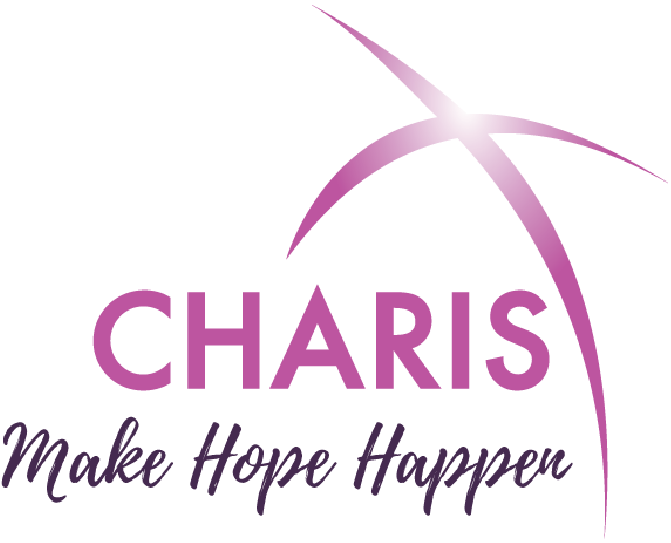
.png202207200725556238.png)
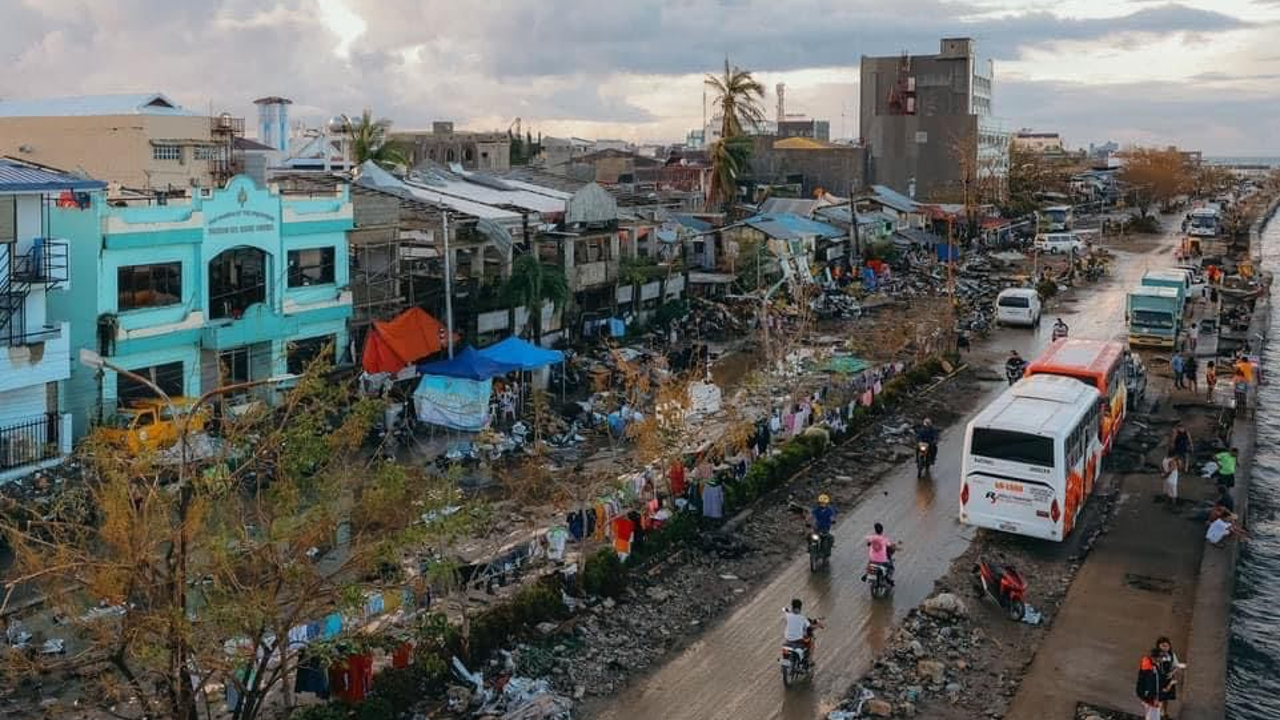
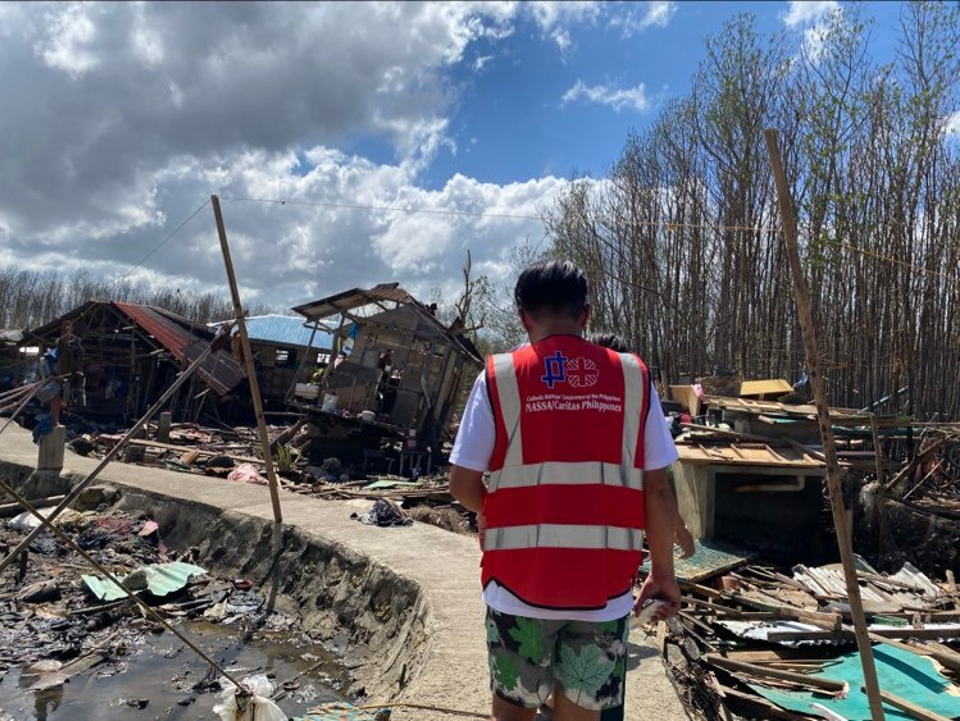
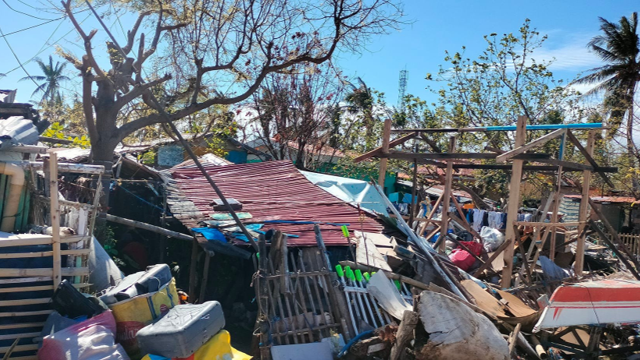

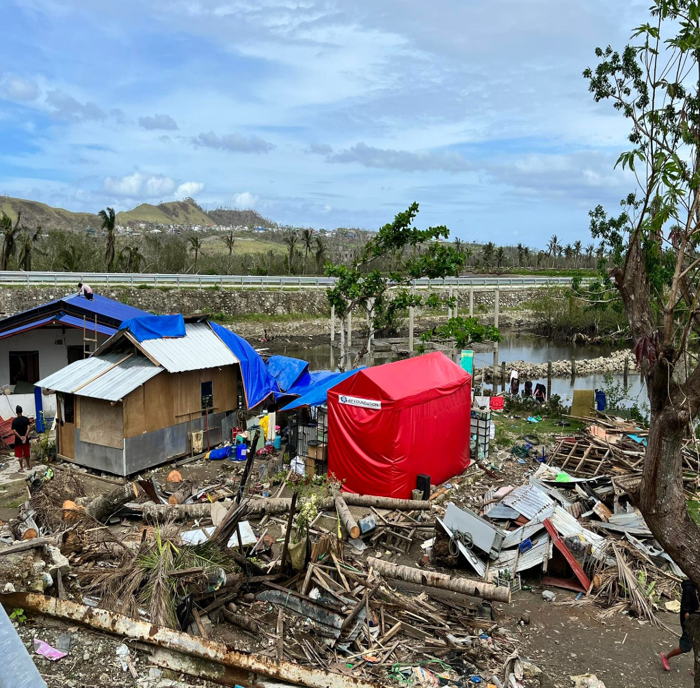

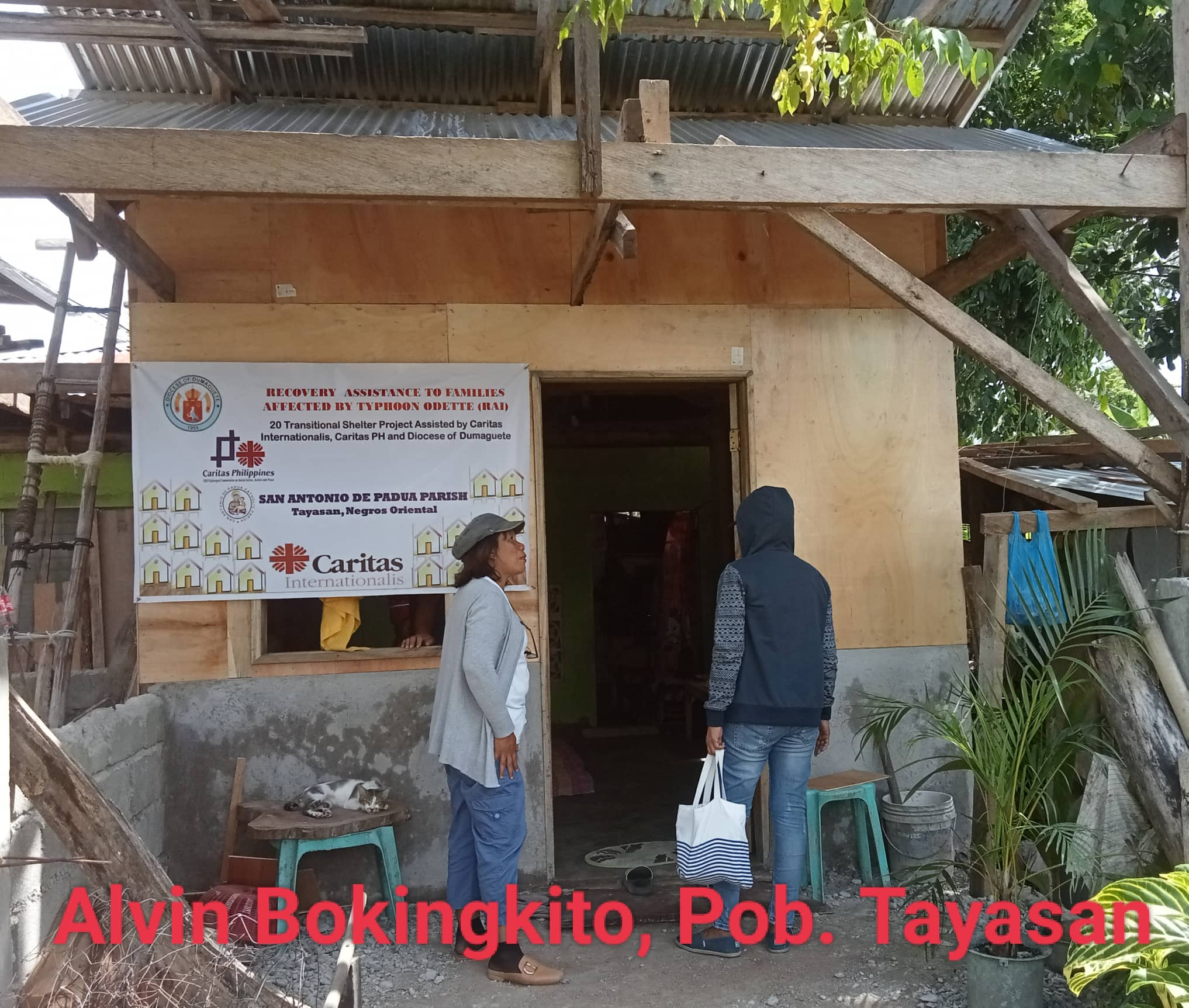


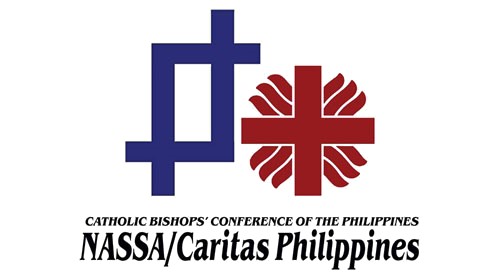 NASSA/Caritas Philippines is the humanitarian, development and advocacy arm of the Catholic Bishops’ Conference of the Philippines (CBCP). Since its birth in 1966, it has been in the forefront implementing programs on poverty alleviation, sustainable agriculture, empowerment of women and children, and ecology protection. Its flagship program is “Alay Kapwa” (Offering of oneself to one’s neighbor), the Lenten evangelization and resource mobilization program of the Philippine Catholic Church. It also implement programs on good governance, peace building, agrarian justice, microfinance, and emergency response.
NASSA/Caritas Philippines is the humanitarian, development and advocacy arm of the Catholic Bishops’ Conference of the Philippines (CBCP). Since its birth in 1966, it has been in the forefront implementing programs on poverty alleviation, sustainable agriculture, empowerment of women and children, and ecology protection. Its flagship program is “Alay Kapwa” (Offering of oneself to one’s neighbor), the Lenten evangelization and resource mobilization program of the Philippine Catholic Church. It also implement programs on good governance, peace building, agrarian justice, microfinance, and emergency response.
 In 1955, when China closed its doors to the presence of Catholic missionaries due to communist takeover, the Salesian Sisters were driven to Hong Kong, and some came to the Philippines. The Daughters of Mary Help of Christians (FMA Philippines) also known as the Salesian Sisters of Saint John Bosco, supported many programs in the Philippines that assisted vulnerable families, children, schools, and youth centres – making them immediately on the front lines of the relief efforts.
In 1955, when China closed its doors to the presence of Catholic missionaries due to communist takeover, the Salesian Sisters were driven to Hong Kong, and some came to the Philippines. The Daughters of Mary Help of Christians (FMA Philippines) also known as the Salesian Sisters of Saint John Bosco, supported many programs in the Philippines that assisted vulnerable families, children, schools, and youth centres – making them immediately on the front lines of the relief efforts.